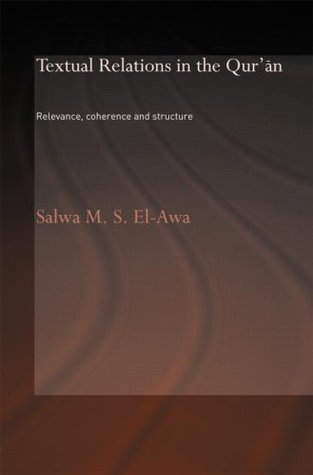
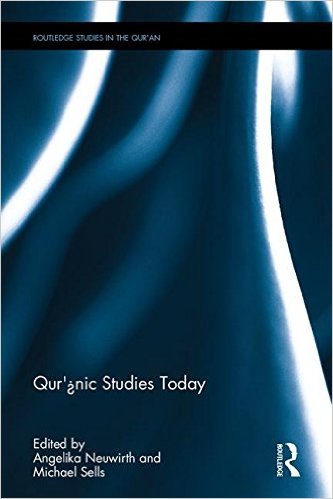
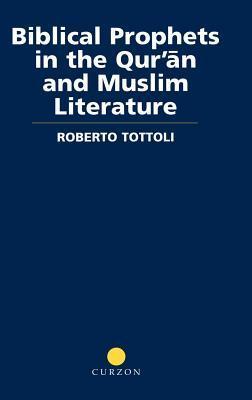
Books in series

Textual Relations in the Qur'an
Relevance, Coherence and Structure
2005

Qur'anic Studies Today
2016

Biblical Prophets in the Qur'an and Muslim Literature
2009

السيدة مريم في القرآن الكريم
قراءة أدبية
2010
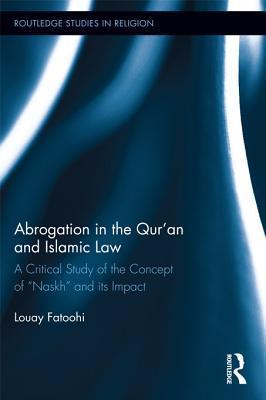
Abrogation in the Qur an and Islamic Law
2012
unknown book
2025
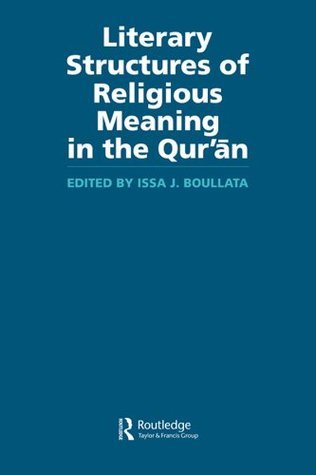
Literary Structures of Religious Meaning in the Qu'ran
2000
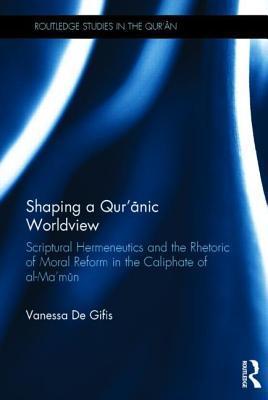
Shaping a Qur'anic Worldview
Scriptural Hermeneutics and the Rhetoric of Moral Reform in the Caliphate of al-Ma'ūn
2014
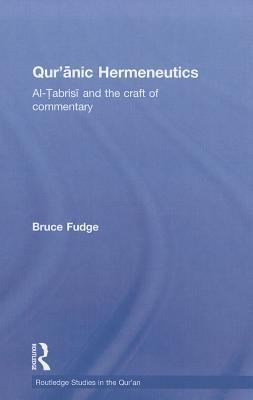
Qur'anic Hermeneutics
2011
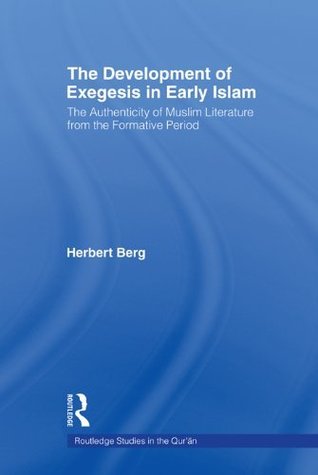
The Development of Exegesis in Early Islam
The Authenticity of Muslim Literature from the Formative Period
2000
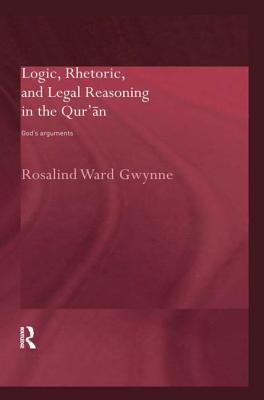
Logic, Rhetoric and Legal Reasoning in the Qur'an
God's Arguments
2004
Authors
Books can be attributed to "Unknown" when the author or editor (as applicable) is not known and cannot be discovered. If at all possible, list at least one actual author or editor for a book instead of using "Unknown". Books whose authorship is purposefully withheld should be attributed instead to Anonymous.


I was born in Baghdad, Iraq, in 1961. I married Shetha Al-Dargazelli in 1991. Shetha and I have been living in our adopted home, the UK, since August 1992. I obtained a BSc in Physics from the College of Sciences, University of Baghdad, in 1984. I received a PhD in Astronomy from the Physics Department, Durham University, in 1998. The title of my thesis was “First Visibility of the Lunar Crescent and Other Problems in Historical Astronomy.” I converted from Christianity to Islam in my early twenties. I have been particularly interested in studying the Qur’an. For more details about how I developed interest in Islam, see the Preface to my book about the historical Jesus. I have written over 15 books in English and Arabic and over forty scientific and general articles in Arabic and English. I am particularly interested in studying historical characters and events that are mentioned in the Qur’an and comparing the Qur’anic account with the Biblical narratives, other Jewish and Christian writings, and historical sources. In addition to writing books, I have also edited, translated, and added a commentary to Fifteen Letters (Khamsata ‘Ashara Maktuban). I have also co-translated with my wife Shetha Al-Dargazelli the book Purification of the Mind (Jila’ Al-Khatir), which is currently in its second edition. Both books are by Shaikh ‘Abd Al-Qadir Al-Jili. My previous works include “History Testifies to the Infallibility of the Qur’an” which I co-authored with Shetha and which has been completely rewritten and updated and published under the title “The Mystery of Israel in Ancient Egypt.” I have published 16 scientific papers on astronomy and another 6 on the Islamic calendar. I have also written several technical papers and general articles about psychology, parapsychology, Sufism, and other topics. I regularly publish excerpts from my writings and new articles on my website QuranicStudies.com. You can read my blog at louayfatoohi.com My facebook address is http://www.facebook.com/louay.fatoohi